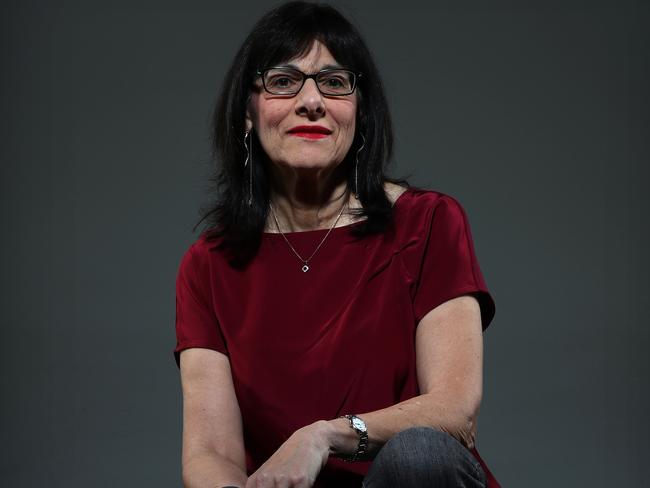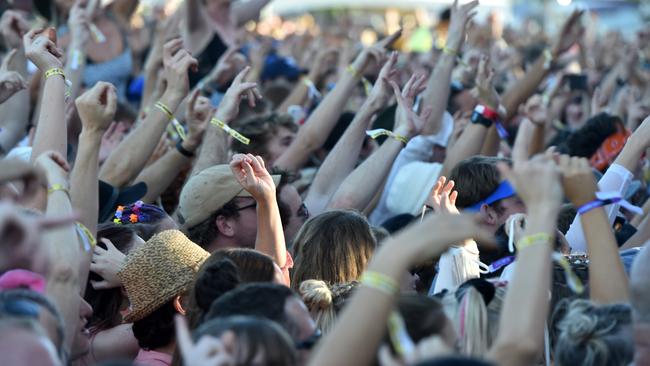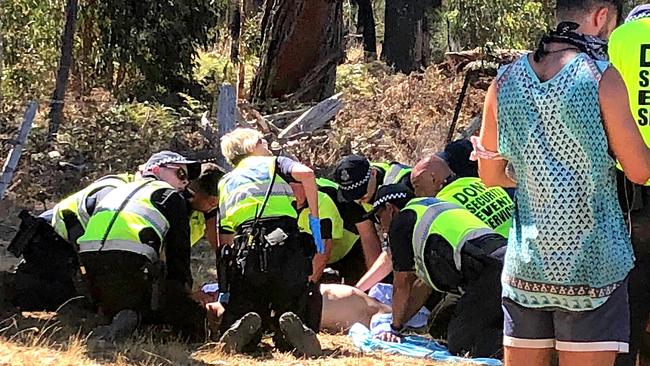How to start a conversation with your children about drugs
It can be a conversation over before it’s even started. But for many parents just talking to their children about drugs can be daunting. Leading psychologist Professor Dianna Kenny offers her expert advice on just where to start. LISTEN NOW
The Ripple Effect
Don't miss out on the headlines from The Ripple Effect. Followed categories will be added to My News.
For many parents, starting and then navigating a conversation with their teenager about drugs is walking into an emotional minefield where even a slight misstep could result in disaster.
There are a myriad of issues to be considered and — with the summer festival season in full swing — there’s little time to work out the best approach.
The Ripple Effect has enlisted the help of Sydney psychologist and academic professor Dianna Kenny, who has revealed a number of tactics parents can harness, to help prepare adolescents for a safe experience.

One of the main issues that can blind young people to potential harms is many think they are “invincible” and know better than their mum or dad, says Prof Kenny.
Their friends also take over a more important role in their lives than their parents, leaving them exposed and vulnerable to peer pressure.
Prof Kenny said it is important for parents to be “open and non-judgemental” and ideally start conversations about drugs from an early age.
LISTEN! Psychologist Professor Dianna Kenny sits down with journalist Danielle Le Messurier and offers some advice to parents about how to talk to their children about drug-taking.
“I think parents who are finding out for the first time (about drug-taking) need to leave some space between their finding out and their communicating their knowledge about what their child has done,” she said.
“They need to vent, they need to really talk about their emotional distress and anger and hurt and disappointment with somebody else, not with their child.”
“It is a common mistake and that initial conversation can be very damaging to the relationship.”

One way to initiate conversations about drug-use is through the medium of news and current affairs, Prof Kenny said.
“It’s a good way of introducing the topic because it’s not personally related to the child as yet,” she said.
“The parent can start an open-ended conversation … what do you think was going through that young person’s mind when they agreed to accept a drug from a relative stranger in an uncontrolled situation and what are the dangers of that?”
MORE FROM THE RIPPLE EFFECT SERIES
Deadly deal found in just 15 minutes
Secret dumping ground of world’s MDMA waste
Anatomy of MDMA: What it really does to your body
Prof Kenny also said parents need to be mindful not to shut down the conversation too early by making judgments or invoking consequences.
And they may want to avoid sharing their own experiences with drugs, which is “generally not that effective” as a deterrent.
In any case, mums and dads should be clear about their own moral and ethical position on drug-taking.
“This needs to be established over time as well that in this family we don’t solve our problems by taking drugs, in this family we don’t succumb to peer pressure just because your peers are doing something that’s dangerous to your health and wellbeing,” Prof Kenny said.

But young people should never be made to feel “guilt-ridden” or “ashamed” over their actions, which could make them “more likely” to turn to drugs if they are feeling defiant.
“The parent really needs to understand whether the adolescent is just experimenting or whether the adolescent is easily led or susceptible to influence by peers because peer influence is extremely important in drug-taking,” Prof Kenny said.
“Young people are much more likely to take drugs in a peer group where other peers are taking drugs.”
If you need help? Please call Lifeline Australia 13 11 14 — 24 hours a day, 365 days a year or in the event of a medical emergency, call triple-0 immediately.
Originally published as How to start a conversation with your children about drugs
